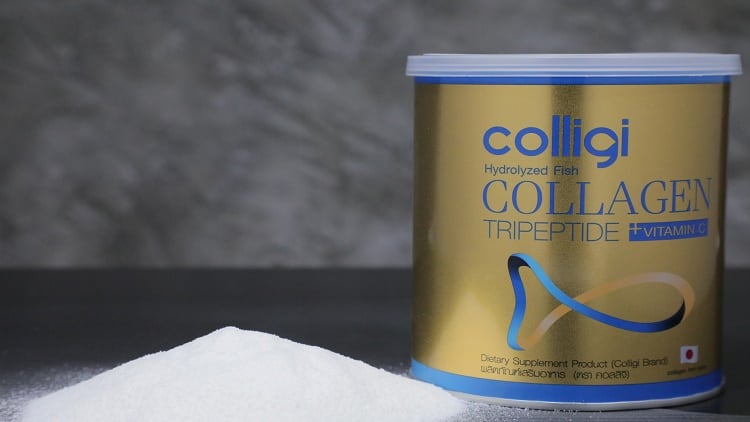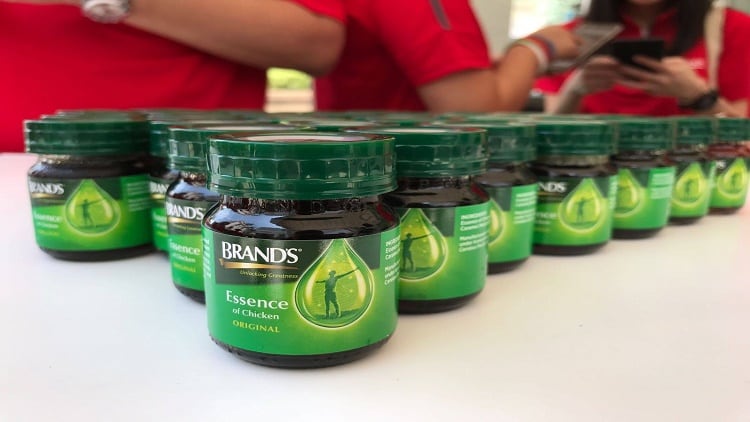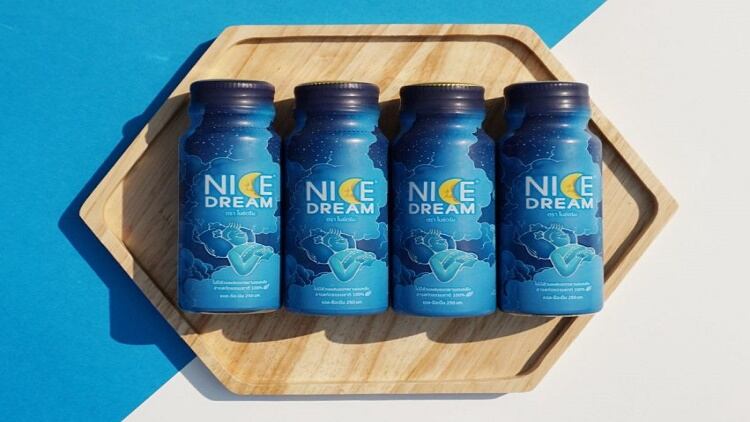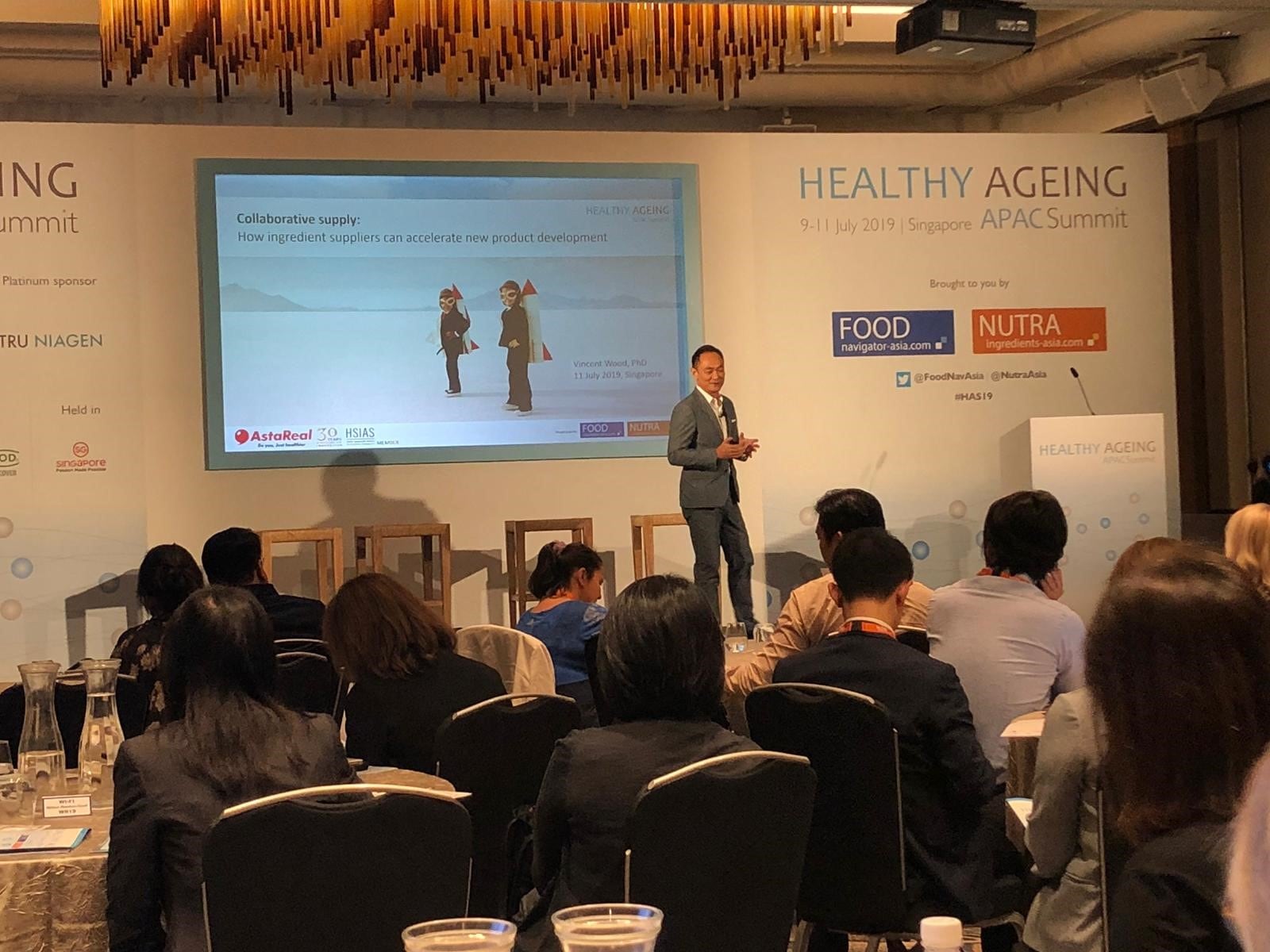The target is nearly five times higher than its total revenue last year – when the supplement industry was badly hit by the government’s stringent attempts to police illegal goods.
Speaking to NutraIngredients-Asia, Tana Limpayaraya, CEO of Amado Thailand, said the firm was in good stead to achieve its financial goals.
The target has been set to help the firm achieve its status as a publicly listed company in three years’ time.
It is already halfway through the race with THB$300m (US$9.7m) made in the first six months of this year. Two years ago, before stricter regulations kicked in, the firm only made THB$220m (US$7.1m) throughout the entire year.
Limpayaraya said that the growth largely came from its newly launched product – a collagen powder for improving bone and joint health.
Launched four months ago, he said that the firm had already sold 300k cans of the collagen powder which was priced at THB$1,000 (US$32) each.
The target was to sell one million cans by the end of this year, CFO Promwut Assawasoponkul said.
The firm also sells collagen for skin health which is slightly cheaper at THB$850 (US$27) per can, but saw a higher demand for its collagen for bone and joint health.
The duo pointed out that the shift in trend was due in part to an ageing Thai society.
“A lot of the elderly are buying the product to relieve their joint pain. Office workers in their 30s are also the main consumers.
“Beauty is a big market in Thailand, it is the mainstream market. But the trend is now changing, consumers are becoming more health conscious. Besides better joint and bones, consumers can also enjoy skin improvement from the product,” Assawasoponkul said.
Founded six years ago, the firm also sells vitamins, weight control, and skin care products. There has been a shift in its product focus since.
Two years ago, sales from collagen accounted for around 50% of all business. Today,it is 80%.
Competitors dying out
Other than identifying the crucial consumer group, the firm believes that its accelerating growth is due to competitors dying out.
“A lot of companies did not survive the tough times last year…Many consumers panicked and cut their spending on supplements due to the regulatory enforcement.
“Many firms have since went bust and the number of competitors is lesser now,” Limpayaraya pointed out.
Assawasoponkul also attributed the newfound success to product endorsement by popular celebrities, which have boosted consumer trust.
Tastes and looks like pure water
The duo claims that it is perhaps the first in Thailand to develop tripeptide collagen powder that tastes and looks like pure drinking water.
Made from fish collagen imported from Japan, the firm’s in-house R&D team has formulated a technology that drains out the usual “fishy” taste of collagen.
The end product is produced by an OEM factory in Thailand.
“Our collagen has no sugar, no added flavours. It dissolves in water within a minute without changing the colour of the water,” Assawasoponkul said.
Hence, he said that the collagen powder could be added to the daily diet without compromising on the taste and appearance.
Retail strategies
The duo said that while e-commerce was the most efficient retail channel in Thailand, offline sales was also seeing good growth as well.
This is because they can capture the senior consumers who are less IT savvy and tend to prefer the brick-and-mortar stores.
Currently, about 80% of its sales come from the distributors who mainly sell the product online and via social media, while the remaining comes from the modern trade, such as 7-11, and the firm’s retail counters in major departmental stores, such as Big C and Lotus.
As part of its expansion, the firm plans to sell in a total of 50 retail counters, up from the current 25, by the end of this year.
The CLMV markets
Other than Thailand, the firm is also expanding to the CLMV markets, which are the neighbouring South East Asian countries, namely Cambodia, Laos, Myanmar, and Vietnam.
At present, its products are already sold in Cambodia and Vietnam.
“Consumers from these markets are very familiar with Thai products, that is why we are entering these places,” Assawasoponkul said.





